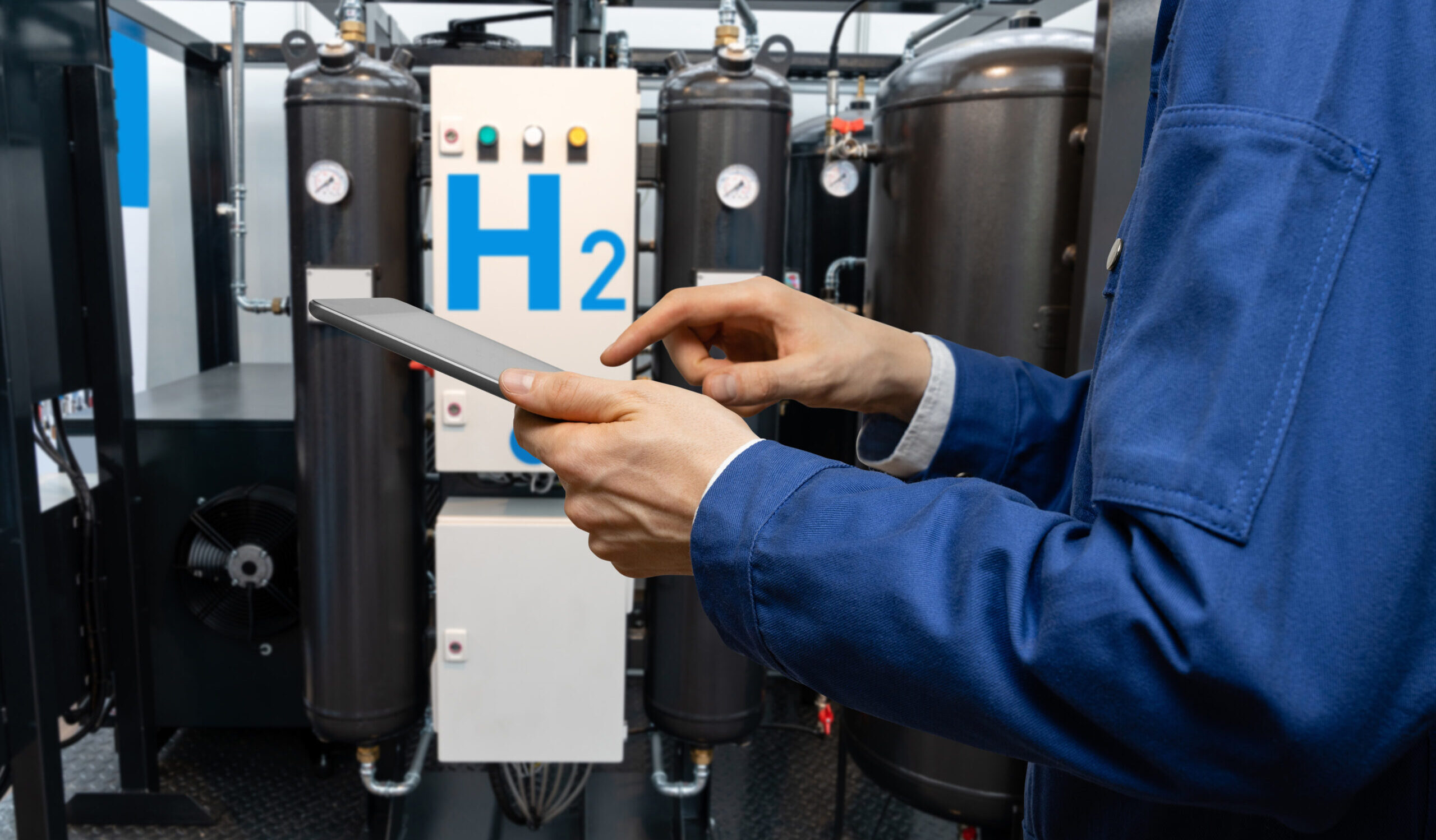Last week, the UK’s Labour government’s first budget demonstrated strong commitment to a greener future. But, in the face of recent projections of the world being on a 3-degree warming trajectory, the budget doesn’t go far enough. While the Chancellor made welcome investments across energy, industry, transport, and hydrogen — a more ambitious approach is essential for the UK to fully harness the potential of a sustainability-driven growth economy.
The budget made some important sustainability-specific commitments, including:
- £120 million allocated to green technologies (offshore wind and carbon capture)
- £3.9 billion allocated for imminent carbon capture and storage projects between 2025-2026 to support decarbonising heavy industry
- £381 million investment to expand electric vehicle (EV) charging networks, with subsidies for EV ownership extended to 2025
- £240 million earmarked for low-carbon hydrogen production
- Support for sustainable farming and circular economy initiatives, but limited direct funding
While these measures present some opportunities for the UK to scale up both its sustainability and economic growth ambitions, in our view, the level of commitment falls short — leaving Great Britain (GB) at a global disadvantage, and bringing into question the nation’s trajectory toward net zero.
Green energy needs (much) more investment
The budget confirmed £120 million allocated to green technology, directed at offshore wind and carbon capture. This is a positive step but continues to be dwarfed by the £320 billion in green industry incentives under the US Inflation Reduction Act, or the €270 billion in The European Green Deal Industrial Plan. The sheer magnitude of this disparity will continue to pose challenges for the UK in attracting the global talent, infrastructure, and capital required to scale its green economy.
Undoubtedly, despite the significant overall budget constraints and fiscal conditions recognised by the Chancellor, the current level of investment continues to represent a missed opportunity for the UK to act boldly by ensuring that investment levels reflect the competitive international landscape.
National Wealth Fund for industrial decarbonisation
The government recommitted to capitalising the National Wealth Fund to catalyse £70bn of private sector investment in clean energy and growth across green hydrogen, gigafactories and decarbonised ports. There was also welcome clarity on Carbon Capture and Storage (CCS) with £3.9bn allocated for imminent projects between 2025-2026, which should also benefit industries with a significant need to decarbonise. However, the pathway from these mechanisms to effective strategies for decarbonising heavy industry—together responsible for approximately 14% of the UK’s greenhouse gas emissions—is not entirely clear.
“Stronger investments, stable policies, and clear roadmaps will be essential to drive change across energy, industry, and infrastructure. By prioritising bold, forward-thinking measures, the UK can not only meet its climate targets but also stimulate resilient economic growth.”
Amy Marshall, Managing Director, Xynteo
Driving change for EVs needs acceleration
Maintaining the Zero Emission Vehicle (ZEV) mandate is an encouraging step, even if it is a reaffirmation of the less stringent target set by the previous government. New funding (£200m in 2025-26) to further accelerate EV funding infrastructure, including through Local Authorities is a step in the right direction, and the £120m of funding via the plug-in vehicle grant to support electric vans will be a boost to a vehicle segment that has lagged passenger vehicles.
The government’s continuation of existing subsidies for EVs and home charging will help reduce upfront costs for consumers, yet affordability for lower-income households remains a barrier. Taken together, these measures are “more of the same”, rather than the game changing investments we need to see real progress at scale and speed.
Hydrogen gets a boost, but no roadmap
£240 million allocated to low-carbon hydrogen production is a positive move, however, the funding falls far short of what’s needed to develop the infrastructure required for widespread adoption. The Hydrogen Council and the International Energy Agency (IEA) highlight that substantial, consistent investment is essential for scaling up hydrogen as a core component of the UK’s decarbonisation strategy, and the previous government’s estimate was of a £2bn required infrastructure investment needed to enable the growth of the hydrogen economy.
Clear timelines and robust funding for hydrogen transport and storage networks are vital to attract private investment and build the foundations of a viable hydrogen economy.
Scaling support for agriculture and sustainable finance
Nature-based solutions, such as the Sustainable Farming Incentive (SFI), will go part of the way to supporting biodiversity and soil preservation, but remain underfunded compared to EU sustainability initiatives. Meanwhile, sustainable finance frameworks need to be more defined to attract private investment in green projects. The budget’s limited measures for sustainable finance reveal a missed opportunity to set green finance standards and unlock private capital.
True progress in both areas will require stronger green financing frameworks and enhanced investment in nature-based solutions if we are to empower industries and communities to adopt the sustainable practices needed for long-term economic growth.
Laying the groundwork for a sustainable Britain
The 2024 budget lays the groundwork for a sustainable UK economy but the government must go much further and much faster to realise the full potential of a green transformation. Stronger investments, stable policies, and clear roadmaps will be essential to drive change across energy, industry, and infrastructure. By prioritising bold, forward-thinking measures, the UK can not only meet its climate targets but also stimulate resilient economic growth.
At Xynteo, we believe the time to act is now. By strengthening its commitment to sustainable growth, the UK has an opportunity to set an inspiring example for the world, building an economy that’s both regenerative and competitive for the future.
Stay up to date with our latest interviews by following us on social media (LinkedIn I Twitter), or Contact Us to find out how we can help your leaders and organisation create people and planet-positive impact.



